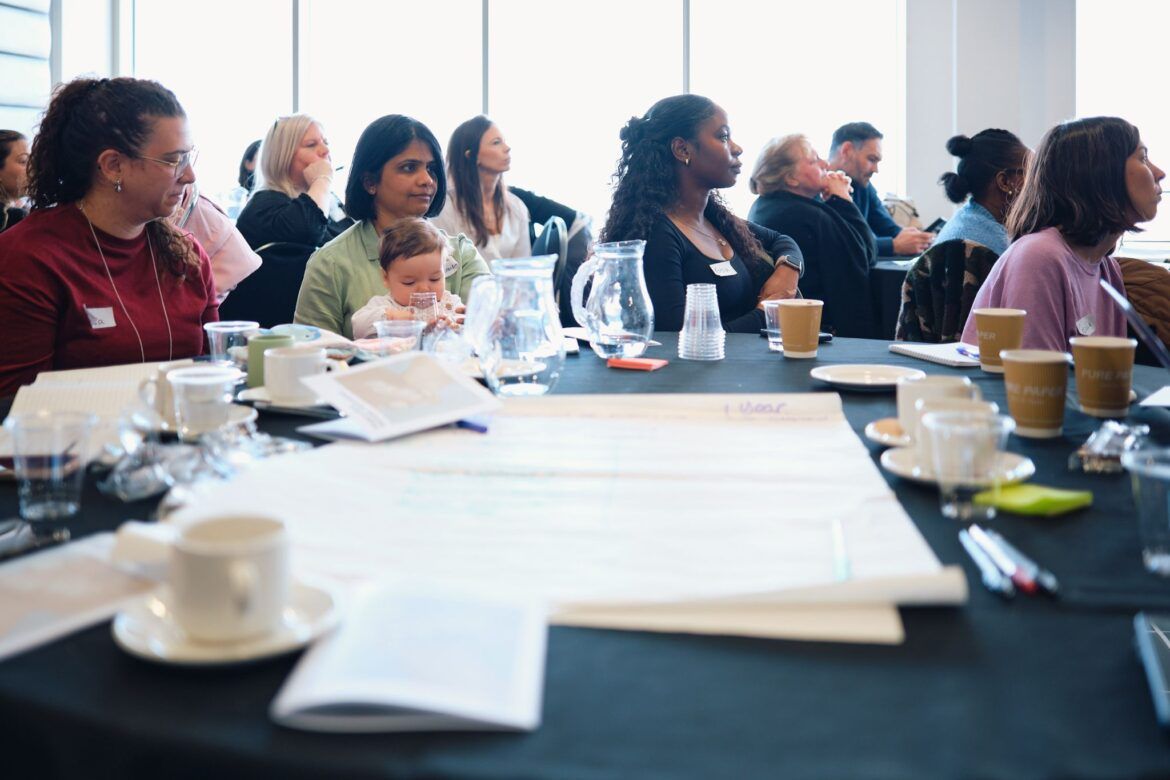Improving outcomes for preterm babies
Through quality improvement projects, it fosters a culture of safety, better systems, and greater involvement of families in care.
We have worked with all our maternity and neonatal units, in collaboration with our regional and local system infrastructures, to contribute to sustained improvements in maternal and neonatal care across our geography. Local impact data from April 2020 to December 2024 shows this enabled 1,131 women giving birth at less than 30 weeks of gestation to receive magnesium sulphate (to protect the fetus from neurodevelopmental problems) within 24 hours prior to birth. This means up to 30 babies will potentially not develop cerebral palsy, creating a cost saving to welfare and society between £20 million and £25 million.
The MatNeoSIP programme in our region has also supported the survival of between 55 and 84 babies, born at less than 34 weeks gestational age, who had their umbilical cord clamped at one minute after birth. Between 19 and 23 lives were saved because the mother was administered antenatal corticosteroids.
Alongside Health Innovation Network South London, we’ve introduced a parent passport to improve care for preterm babies. It keeps parents informed and involved, while a clinical passport helps staff coordinate care which is particularly important when families move between hospitals.
All 10 of our trusts have now adopted or are planning to adopt the passport.
We hosted events to share learning and tackle implementation challenges. We are also exploring how to integrate the clinical passport into electronic records.
We have co-created a parent leaflet with service users, available in 25 languages, to support neonatal counselling.
